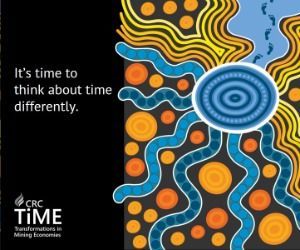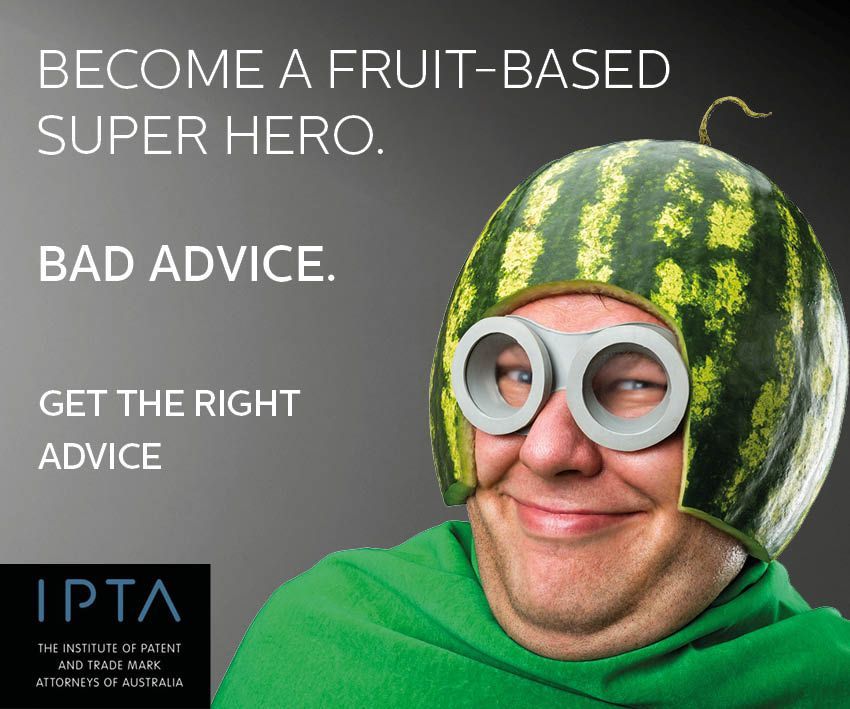1MG FlippingBooks
Respect the humanities
Dr Tony Golsby-Smith
Dr Tony Golsby-Smith argues the arts and humanities are essential to innovation, as we need a nation capable of seeing beyond the obvious and thinking creatively.

The former federal government effectively devalued the humanities as a social good. Its funding regime penalise students who want to study the humanities and encourage them to pursue “relevant” degrees in science, teaching and health. Was this a good thing?
The government’s reasoning boiled down to “job readiness”, and ultimately the assumption that the humanities are of little use in the real world and are, at best, good for hobbies or the idle rich. Although the push for pragmatism in education is a desperate one, it is easy to sympathise with governmental and parental fears that we are not equipping our children for viable lives in the modern economy. In the face of this anxiety, any defence of the humanities can sound like special pleading. Nonetheless, I believe the government’s position was disastrous and short-sighted.
I am unusually placed to voice this view because I am trained in the humanities (English literature, to be precise), taught the humanities but then forged a 30-year career in strategy-and-innovation consulting. I founded my own firm, employed a couple of hundred people during its lifespan, and in that time generated millions of dollars of revenue. Our clients included global firms, so we exported our skills. Like any good capitalist, I sold my firm in due course. So, I have walked on both sides of the fence.
Presumably the previous government would have liked to produce more people like me. But the question is, did my humanities training help or hinder me?
Several years ago, I brought out to Australia one of the world’s leading business thinkers, Roger Martin, then Dean of Rotman School of Management in Canada. He gave a presentation about innovation at Sydney’s Opera House followed by a Q&A, and the last question came from someone in the education industry: “What message do you have for us in education about this world of business and innovation?” Martin shot back: “Lay off the humanities, for God’s sake!” Later, he explained his reasoning to me: The worst thing you can do as a strategist is to throw away your source of competitive advantage. The humanities made countries like Australia great, so chasing technology education in their place would paint you into failure over the long term.
Was his view off the mark? Not according to Nobel Laureate in economics, Ed Phelps. Phelps asks the question: what was the source of the extraordinary wealth generated in just ten countries during the industrial revolution? He considers but discounts the usual suspects – technology and capital. The real source of the wealth was what he calls “the Imaginarium” – the large group of people trained in the broad thinking of the liberal arts who turned their minds to commerce. They had the magic combination of conceptual thinking and freedom that generated possibilities; they empathised with their customers and invested in people. Phelps is adamant the Imaginarium lives on, but that we are in danger of strangling it.
The humanities need to adapt to become more relevant, but business does, too. There was a flawed and naive assumption behind the then government’s agenda that the “work” for which students need to be “job ready” is predictable and will need the STEM mind. But future work won’t be the same as today’s work. And it looks very likely that it will require the agile, conceptual mind that the humanities foster.
According to the great philosopher of rhetoric and modernity, Richard McKeon, civilisation flourished at those rare times when the humanities and the sciences spoke to and respected each other, birthing true innovation and wealth. Few societies through history have got that conversation right, and we are in danger of making it a lot harder. The ramifications of that policy shift towards pragmatism will play out over the next decade or so, but I fear they will be disastrous. We will produce a nation of Dickensean Gradgrinds who think the world is just bricks and mortar, as well as a nation that neither innovates nor adapts.
The humanities made countries like Australia great, so chasing technology education in place of the humanities would paint you into failure over the long term.
Dr Tony Golsby-Smith is a leader in design thinking, strategy and innovation. He is the founder and Director of consulting firm Second Road and previously held the Nierenberg Chair of Design at Carnegie Mellon University.










